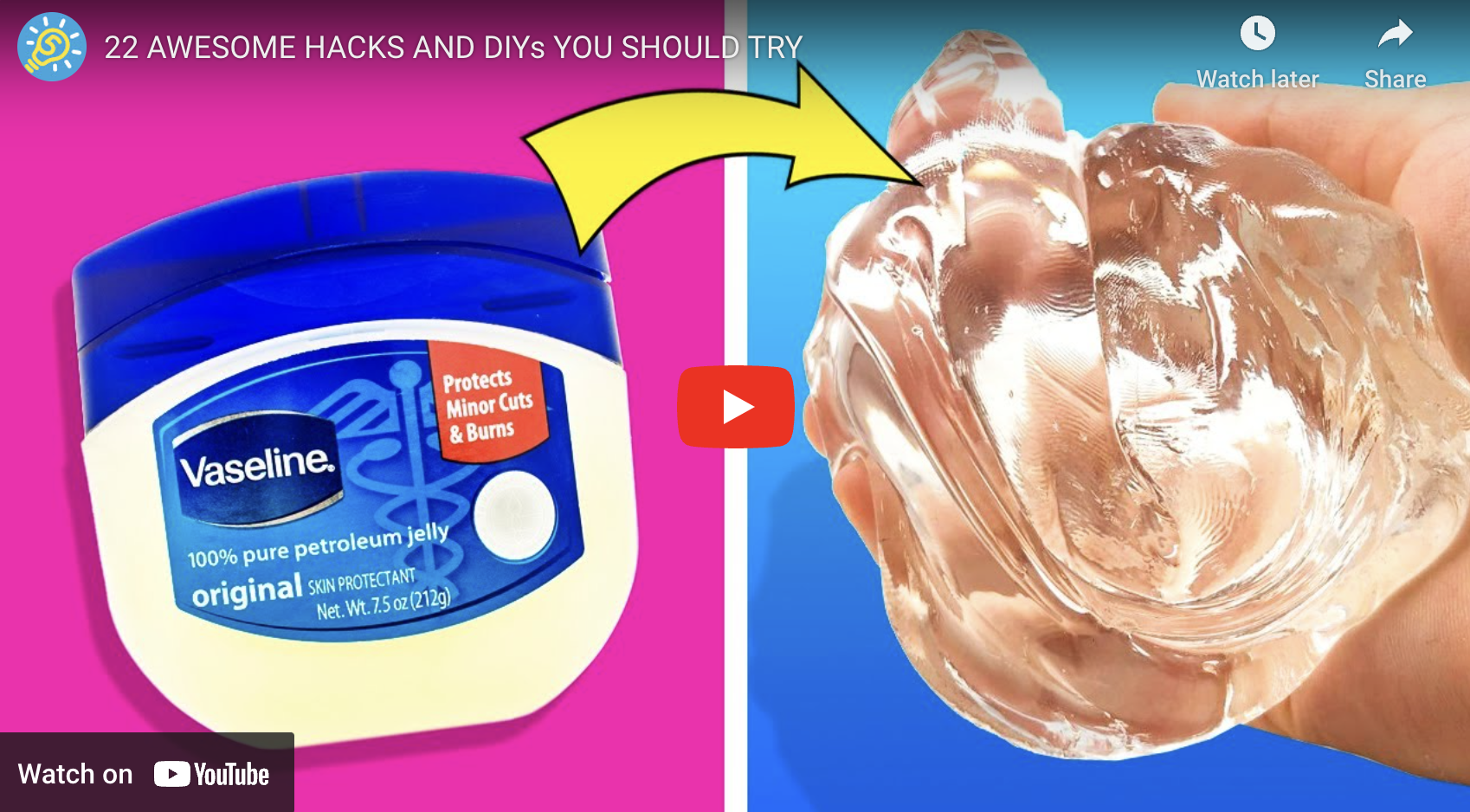Cleaning your shower head is an essential part of maintaining a clean and hygienic bathroom. However, many people are hesitant to use vinegar due to its strong smell and potential damage to certain types of shower heads. If you’re looking for alternative methods on how to clean your shower head without vinegar, you’re in luck! In this article, we will explore various DIY methods and tips on how to effectively clean your shower head without using vinegar.
7 Interesting Trends:
1. Essential Oils: Many people are turning to essential oils as a natural and pleasant-smelling alternative to vinegar. Essential oils like tea tree oil and lavender oil have antimicrobial properties that can help disinfect and clean your shower head effectively.
2. Baking Soda Paste: Mixing baking soda with water to create a paste is a popular DIY method for cleaning shower heads without vinegar. Baking soda is a gentle abrasive that can help remove built-up grime and mineral deposits.
3. Lemon Juice: The citric acid in lemon juice can help break down mineral deposits and soap scum on your shower head. Simply soak your shower head in a bowl of lemon juice for a few hours, then scrub it clean with a brush.
4. Dish Soap: Using dish soap to clean your shower head is another popular method that is gentle yet effective. Simply mix a few drops of dish soap with warm water and use a brush to scrub your shower head clean.
5. Vinegar-Free Cleaners: There are now many commercial cleaners available that are specifically formulated to clean shower heads without the use of vinegar. These cleaners are often gentler on your shower head and can be a convenient option for those who prefer not to use vinegar.
6. DIY Shower Head Soak: Another popular trend is to create a DIY shower head soak using ingredients like baking soda, dish soap, and essential oils. Simply mix these ingredients together in a bowl, soak your shower head in the solution, and then scrub it clean.
7. Regular Maintenance: One of the best trends in shower head cleaning is regular maintenance. By cleaning your shower head on a regular basis, you can prevent build-up and ensure that your shower head stays clean and functioning properly.
Quotes from Professionals:
1. “As a bathroom designer, I often recommend using essential oils as a natural alternative to vinegar for cleaning shower heads. Not only do they smell great, but they also have antimicrobial properties that can help keep your shower head clean and hygienic.”
2. “I have found that using a baking soda paste is a gentle yet effective way to clean shower heads without vinegar. Baking soda is a natural abrasive that can help remove stubborn grime and mineral deposits without damaging your shower head.”
3. “In my experience as a plumber, I have seen the damage that harsh chemicals like vinegar can cause to certain types of shower heads. That’s why I recommend using gentle alternatives like lemon juice or dish soap to clean shower heads effectively and safely.”
4. “Commercial cleaners that are specifically formulated to clean shower heads without vinegar are becoming increasingly popular among homeowners. These cleaners are convenient and effective, making them a great option for those who prefer to avoid using vinegar in their cleaning routine.”
Common Concerns and Answers:
1. Will using vinegar damage my shower head?
Answer: While vinegar is a natural and effective cleaner, it can potentially damage certain types of shower heads, especially those made of metal or plastic. If you’re concerned about vinegar damaging your shower head, consider using alternative cleaning methods like essential oils or baking soda paste.
2. How often should I clean my shower head?
Answer: It’s recommended to clean your shower head at least once a month to prevent build-up and ensure that it stays clean and functioning properly. Regular maintenance is key to keeping your shower head in good condition.
3. Can I use harsh chemicals to clean my shower head?
Answer: Harsh chemicals like bleach or ammonia can be damaging to your shower head and may cause corrosion or discoloration. It’s best to stick to gentle cleaning solutions like essential oils, baking soda, or commercial cleaners formulated for shower heads.
4. Will essential oils leave a residue on my shower head?
Answer: Essential oils are highly concentrated and should be diluted with water before using them to clean your shower head. When properly diluted, essential oils should not leave a residue on your shower head.
5. What if my shower head is clogged?
Answer: If your shower head is clogged with mineral deposits, try soaking it in a solution of vinegar or lemon juice to help break down the build-up. You can also use a brush to scrub away any stubborn blockages.
6. Can I remove my shower head to clean it?
Answer: Yes, you can usually remove your shower head to clean it more thoroughly. Simply unscrew it from the shower arm using an adjustable wrench and soak it in a cleaning solution before scrubbing it clean.
7. How can I prevent mineral deposits on my shower head?
Answer: To prevent mineral deposits from building up on your shower head, consider using a water softener or installing a shower head filter. Regular cleaning and maintenance can also help prevent build-up.
8. Is dish soap effective for cleaning shower heads?
Answer: Yes, dish soap is an effective and gentle cleaner for shower heads. Simply mix a few drops of dish soap with warm water and use a brush to scrub your shower head clean.
9. Will lemon juice remove soap scum from my shower head?
Answer: Yes, the citric acid in lemon juice can help break down soap scum and mineral deposits on your shower head. Soaking your shower head in lemon juice for a few hours can help loosen stubborn build-up.
10. Can I use baking soda to clean a chrome shower head?
Answer: Yes, baking soda is safe to use on chrome shower heads. It is a gentle abrasive that can help remove grime and mineral deposits without scratching the surface of the chrome.
11. Can I use essential oils on a plastic shower head?
Answer: Essential oils are safe to use on plastic shower heads, as long as they are properly diluted with water. Essential oils have antimicrobial properties that can help clean and disinfect your shower head.
12. How can I remove hard water stains from my shower head?
Answer: Soaking your shower head in a solution of vinegar or lemon juice can help break down hard water stains. You can also use a brush to scrub away any remaining build-up.
13. Will commercial cleaners damage my shower head?
Answer: Most commercial cleaners formulated for shower heads are safe to use and will not damage your shower head. However, it’s always best to read the instructions and test a small area before using any new cleaning product.
14. Can I use a toothbrush to clean my shower head?
Answer: Yes, a toothbrush can be a handy tool for cleaning hard-to-reach areas on your shower head. Simply dip the toothbrush in a cleaning solution and gently scrub the nozzles and crevices to remove build-up.
In conclusion, cleaning your shower head without vinegar is possible with the use of alternative methods like essential oils, baking soda paste, lemon juice, and dish soap. By following these DIY tips and tricks, you can keep your shower head clean and functioning properly without the strong smell and potential damage of vinegar. Remember to clean your shower head regularly to prevent build-up and maintain a hygienic bathroom environment. Happy cleaning!
![[Mom Prepared]](https://momwithaprep.com/wp-content/uploads/2024/12/cropped-momlogo-244x56.png)

